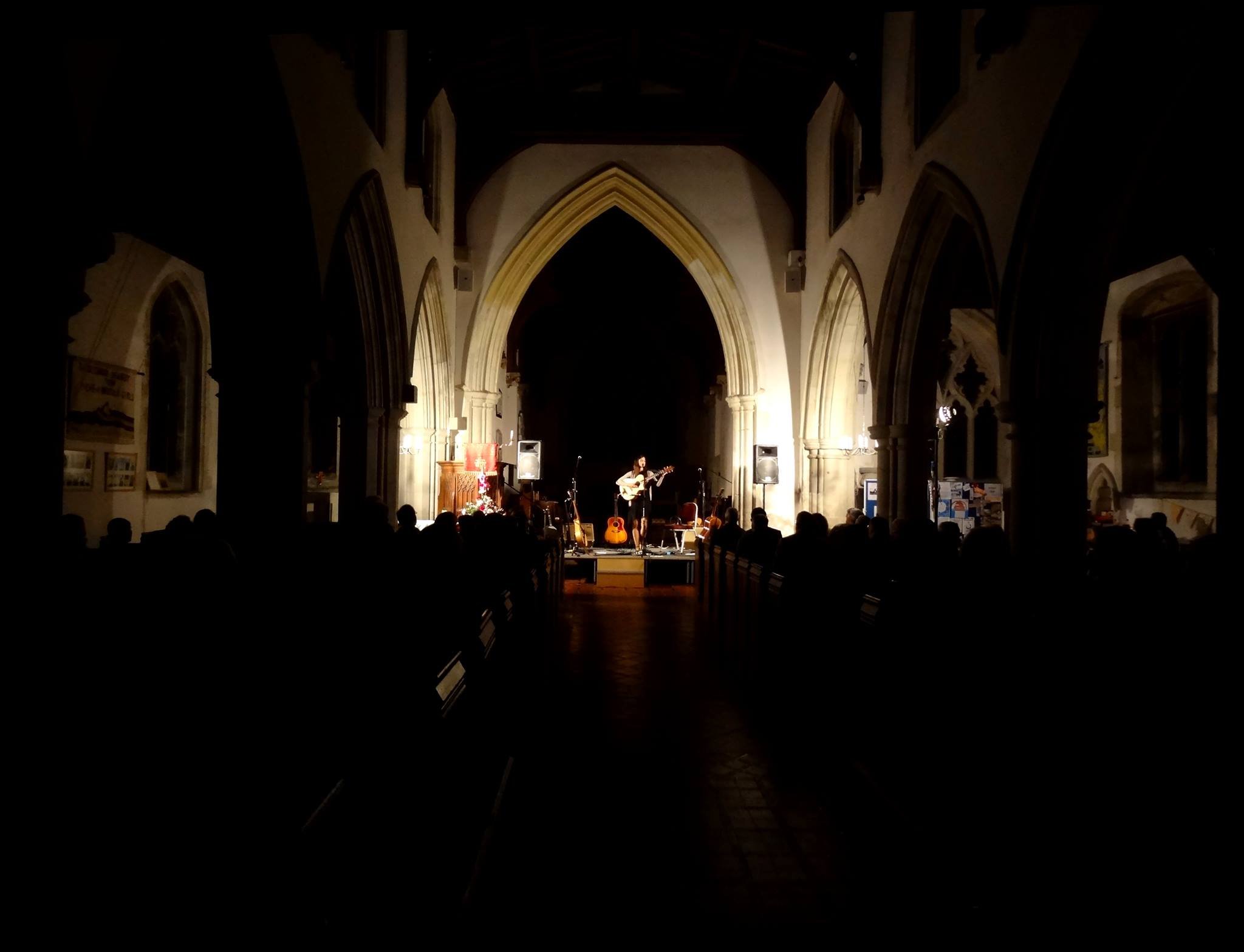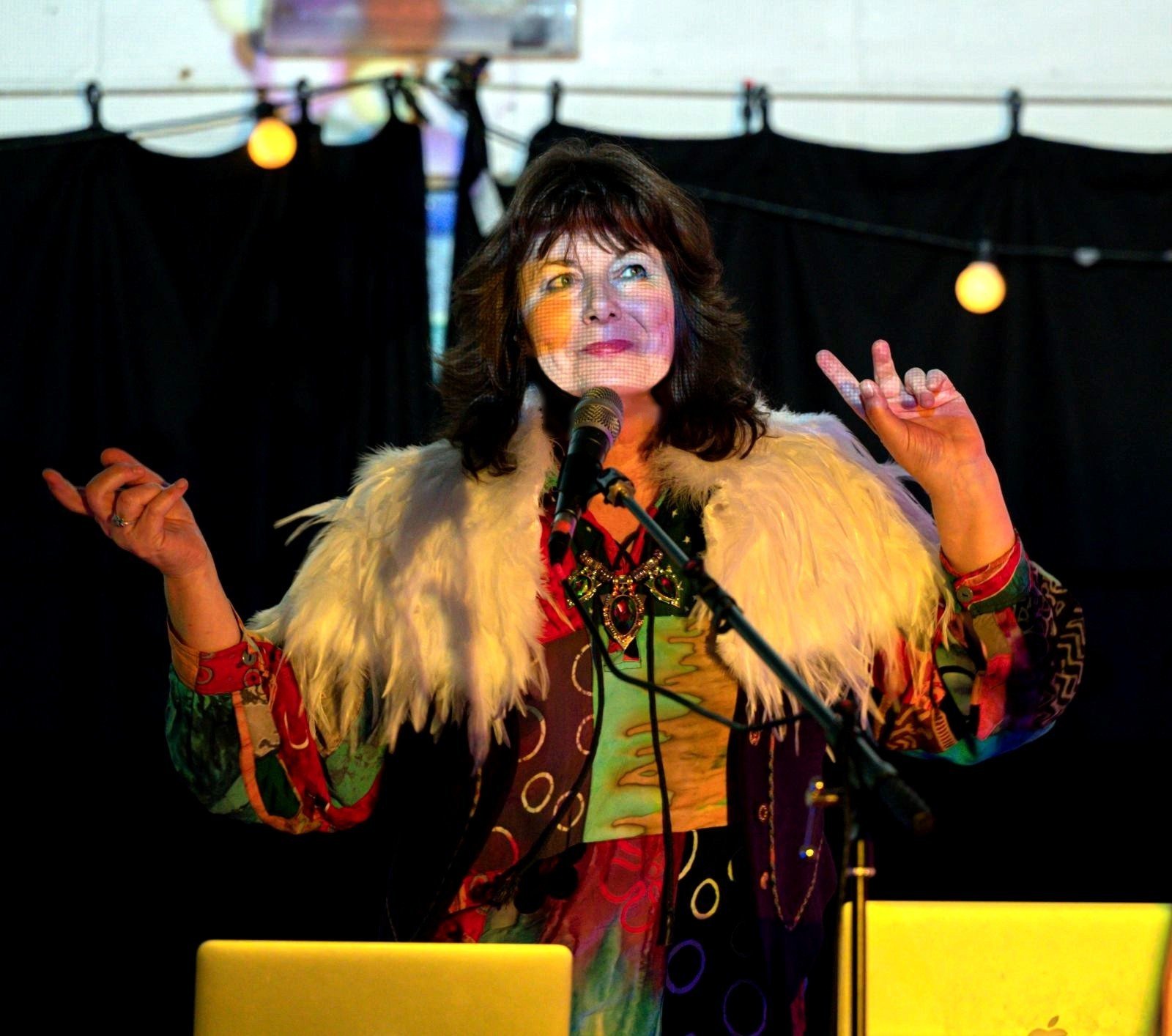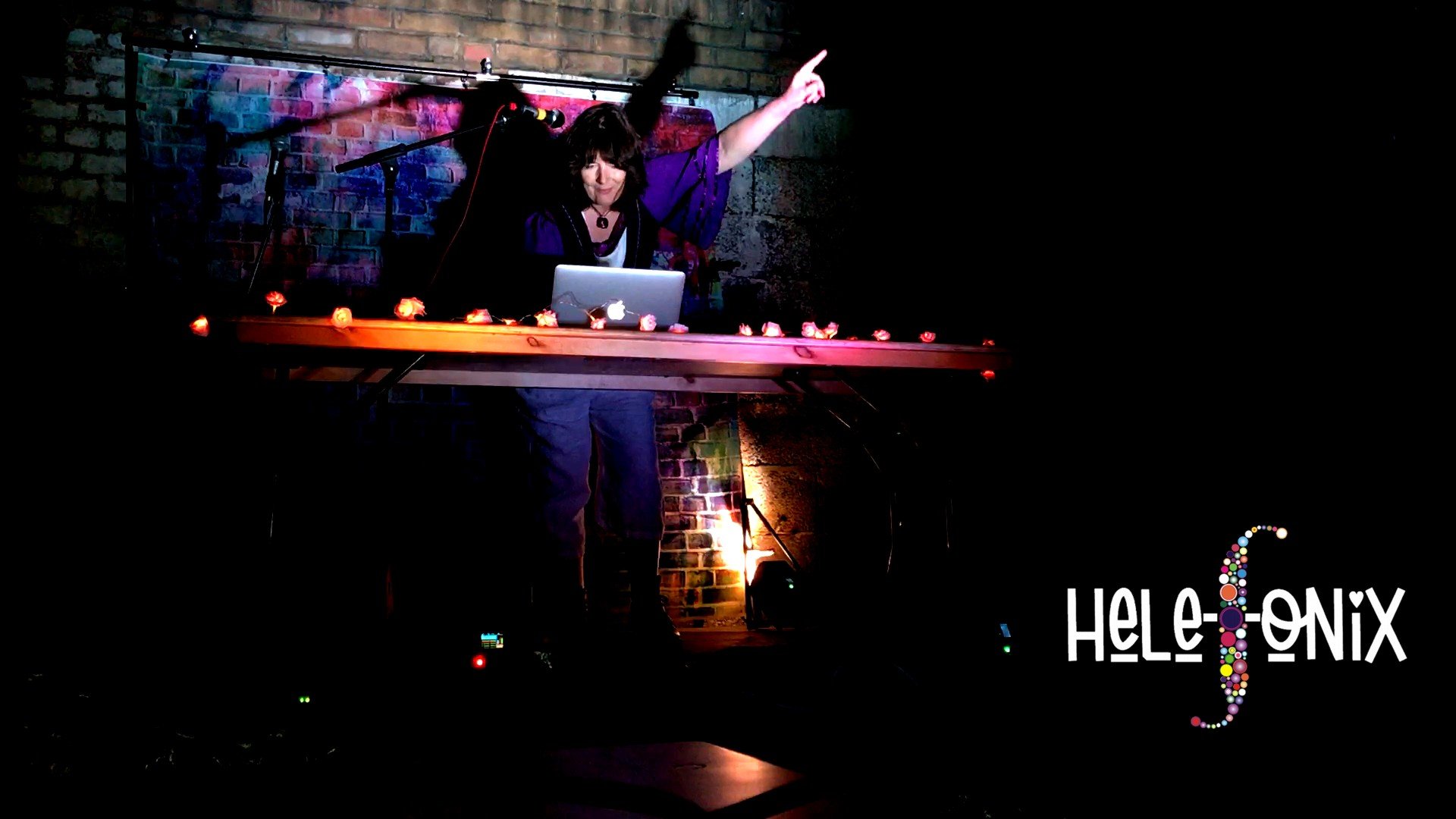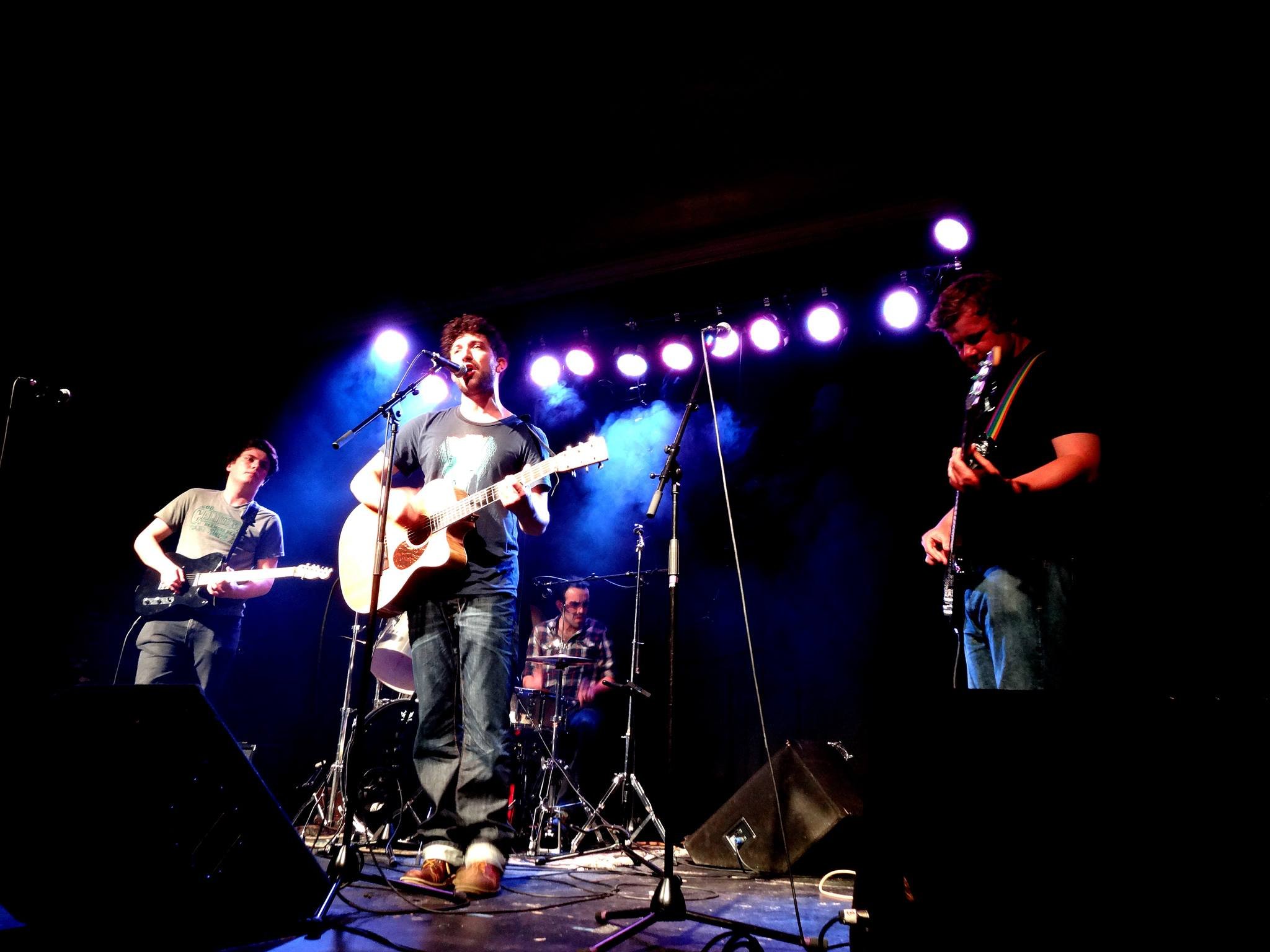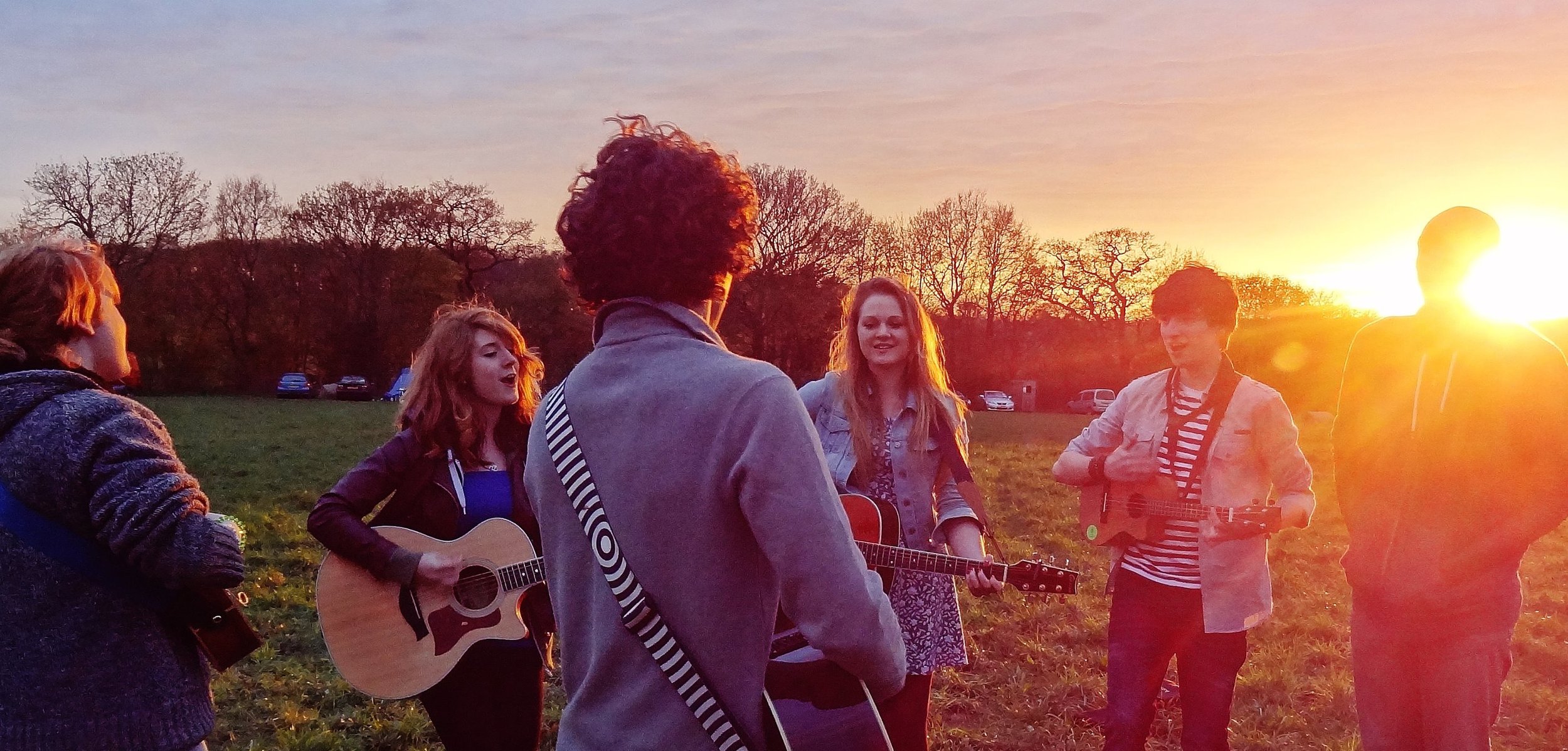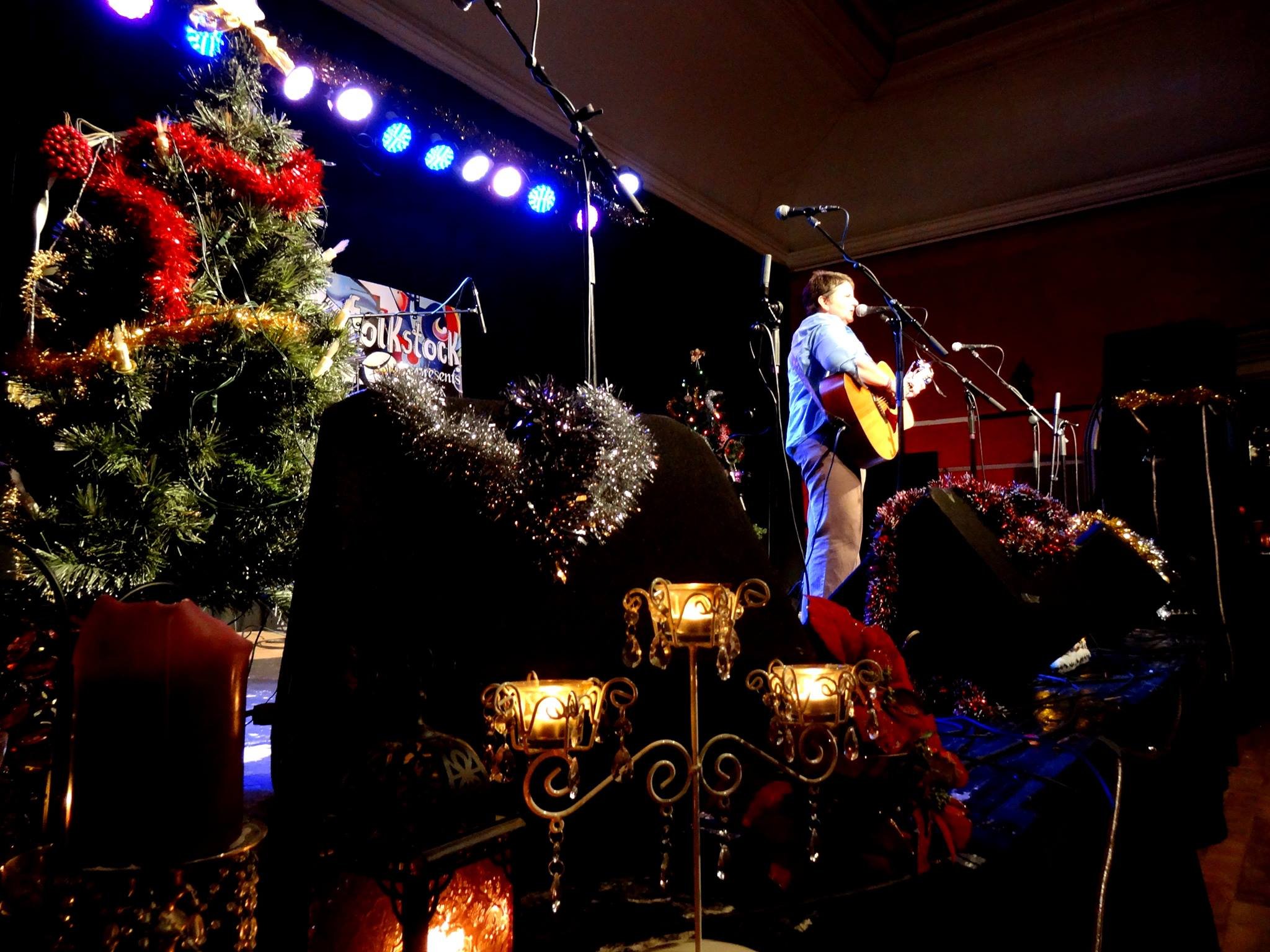FAC Insights: Artists' guide to booking shows by Helen Meissner
FAC Insights is a forum for us to showcase and share long form pieces looking at various parts of the music industry and the society that shapes it. Pieces take the form of videos, interviews, discussions, articles and more. This week we are delighted to share an article by independent artist Helen Meissner.
Helen has been promoting and releasing artists on her label Folkstock Records, as well as arranging live gigs and tours to support artists at every age and stage of their career. Helen, now aged 56, has recently started her own musical expression, Helefonix, with plays on BBC 6 music and Radio 3, and in this article she shares some tips for artists when it comes to booking gigs.
If you would like to learn more about the artist-promoter relationship then please feel free to check out The Artists Guide to: Booking Gigs section of our Independent Promoters: The Artist-Promoter Relationship Kitemark document. Here you will find resources to help make your gigs more successful for all involved.
Artists' guide to booking shows
If you come alive on stage and have a passion for performing, you'll feel the need to spread your wings and build your audience one gig at a time. However, it's not plain sailing and there’s a lot of talk about representation within live music, the difficulty of getting venues to respond to emails and an understandable desire for a booking agent. However, for many artists, especially early on in their career, arranging their own gigs and building tours is often a necessary evil. It may not naturally play to your strengths. If you’ve never toured before, you might want to consider being support on someone else’s tour. This saves a lot of the stress and strain. However, this piece is about booking your own gigs or building a tour.
1. Allocate lead time to promote your shows.
You need to be building your shows with at least a month's lead time in order to promote it properly.
2. What’s the angle for promoting the gig or the tour?
You must have a clear live show strategy, set clear promotional goals and you need a hook.
3. Look at yourself through the venue booker’s eyes.
How is your social media engagement? Do you usually promote individual gigs well? Would new people hearing about the gig, who went to the bother of checking you out, be intrigued and curious enough to see you live? Can they even find footage of you live on your socials? Most people will check these first, therefore it is best to pin some of your favourite clips on your socials.
4. Which venues are you going to approach?
Research. If you have a following from a previous gig, even a handful is great, or friends in around the country who would come and hopefully put you up for the night, then consider these locations first to keep costs down. Probably it is best to assume, if you have no discernible following in that location, that the actual income from ticket sales will be low.
Pay attention to the socials of other acts who are in a similar bracket to you. Notice and research where they play and what the promotion is like, especially by the venue. Do they have support acts? Or perform as part of a four-act bill? Are they planned or random – i.e. are the acts similar in some way – likely to attract the same audience or are they so diverse that the audience for one act will hate the following one and drift off? Will the final act be ending up performing to the bar staff and the sound engineer?
Try to contact some bands who have played there or ask an act how they arranged their tour (along with some genuine comments about their music and how/why you’re following them etc.). You might be surprised at how helpful they can be.
5. How will you approach your venues of choice?
Email is easy, phoning is king. If you’ve done your research, you will be able to say that x band have played at your venue, and we’ve been told we are similar – and we thought we’d get in touch in case you were thinking of booking more acts that are like them. (Even better, ask how the gig went first!)
Explain why you think your music will fit. But if you’re not sure, say you’ve been researching them online, but that you have a few questions as you don’t want to assume. Most people will be happy to have a short and focused conversation if you listen to their answers.
6. Prepare yourself mentally.
As an overview, do this on a ‘good day’ when you’re sure that you sound positive and clear about what you’re offering. Don’t be vague about what your act sounds like or who they ‘sound like’ (even if you don’t like those comparisons).
Be clear about what you are after on the phone – might be the name of the person who does the bookings, and / or their procedure for booking new acts. What information they need from an act and in what format. You might be able to get into a chat but don’t expect this, just be professional, friendly, and polite and see what happens!
You could visit them during another show and ask the sound people directly which acts and genres go down the best for their audience. What type of acts they prefer to book (solo, duo, band, punk, alternative, indie, acoustic, singer songwriter, drum based, heavy metal, electronic, experimental, etc.)
7. Do they have a bookings policy? If not, make you sure you cover these topics:
Do they provide a PA or backline or lighting or sound engineer, and all involved costs?
Whether they have new artists as support acts initially?
Whether they run mixed acts or introduction nights?
Their preferred set length on these nights.
Whether they use a certain promoter to book their gigs?
Whether they prefer to see acts live before they book–or are happy with some live footage via YouTube etc?
What sort of lead times they work with?
Whether they prefer local acts to support/headline?
What is their payment arrangement for acts – is there a policy or a system?
You will find that other questions flow off this style of line of ‘professional/relevant’ enquiry. The main point is that you are finding out what they want and need rather than just forcing yourself on them. They might then ask about your act/the act you represent.
8. Don’t oversell.
Never be tempted to wildly overestimate the number of tickets you are likely to sell. Be realistic. It will help them plan better and perhaps put you on with a well-known local act who are known for bringing a decent crowd. If you are hiring a venue, consider asking your followers on the socials for suggestions for great local acts to open for you in each location.
9. No to bulk emails.
It won’t even get opened.
10. Have the right stuff to send.
In addition to your beautifully worded and personalised email, also include links to a live gig. Some photos of you at a venue with an audience enjoying what you’re doing always go down well. Don’t forget to add a link to your website and socials.
11. Update your socials and general online presence before you start.
Most promoters and bookers will check you out first, so establishing some presence online is a good idea before you try to book gigs.
All the best with this. I hope it’s helped in some way. If you have any questions, feel free to email me. This is a big topic and this is just an overview.
More info can be found here.

